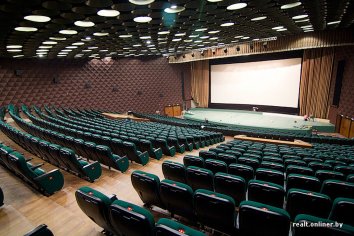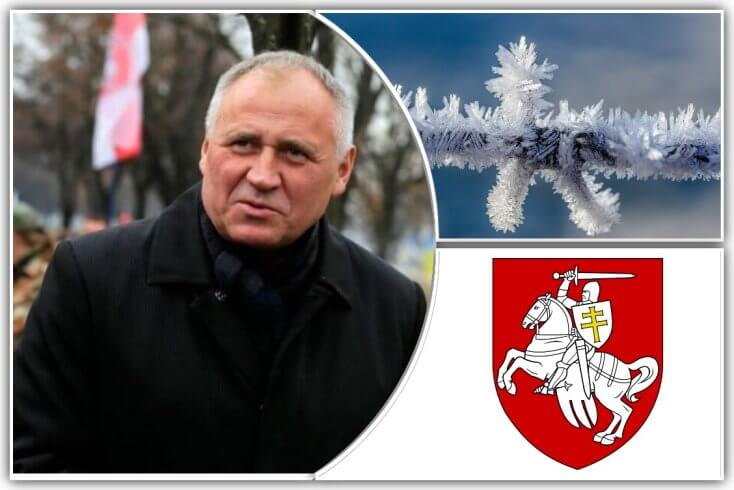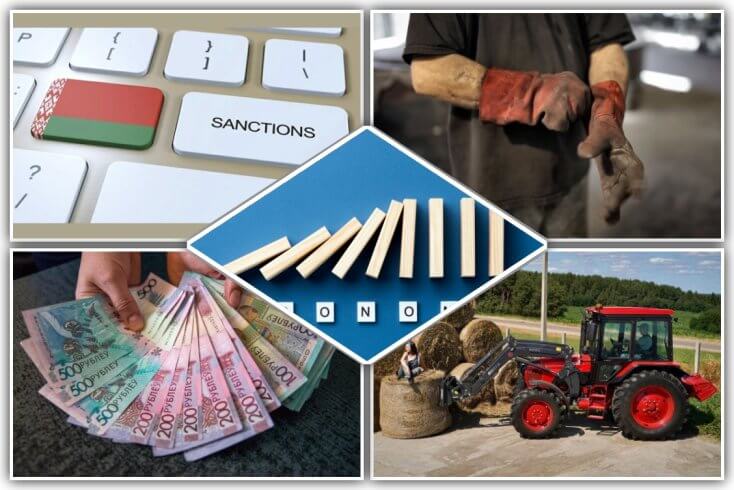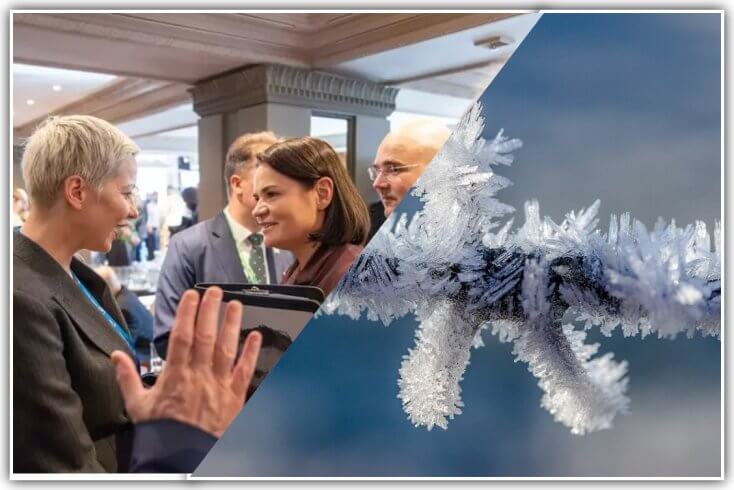Belarus’ education system is currently experiencing perhaps the most challenging period in its history. Dual isolation—by the West and own government—is compounded by the threat of assimilation into Russia’s educational sphere, militarization, mass emigration and harsh repression targeting dissenting teachers, professors, students and parents.
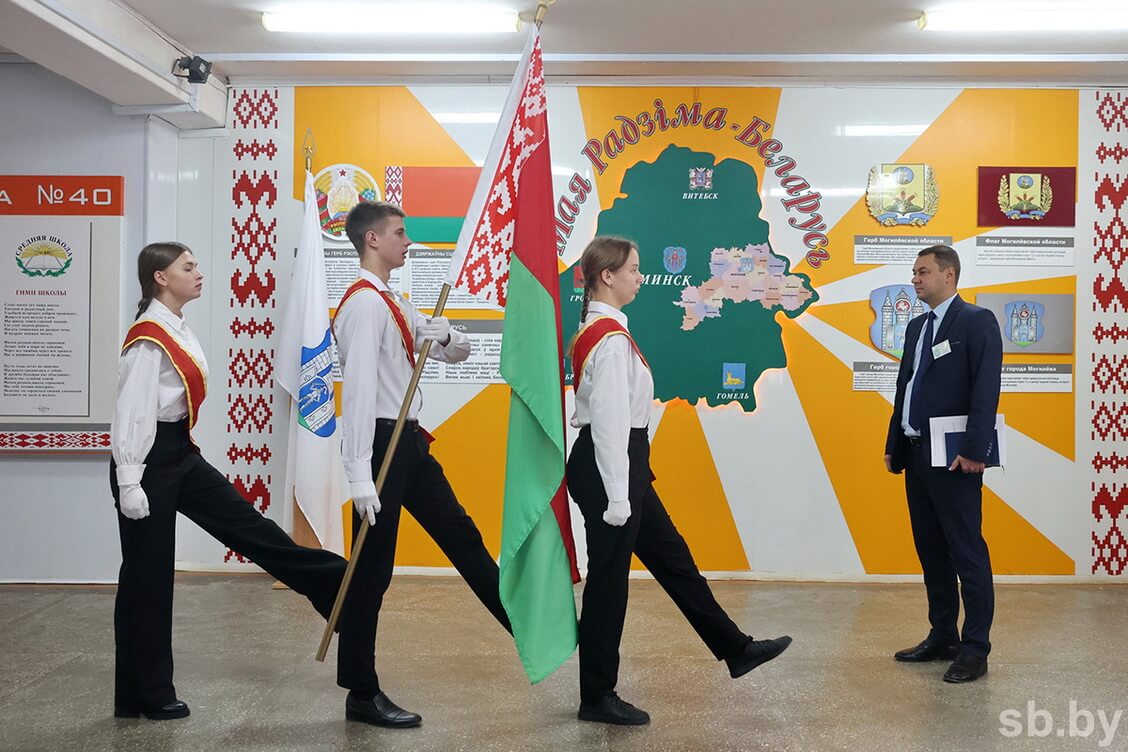
Isolation from developed European countries
The current isolation is a direct consequence of Alaksandar Łukašenka’s policy of “re-Sovietization.” Yet prior to 2020, this policy coexisted with various modernization initiatives supported by public efforts and European organizations, foundations and governments.
Examples include:
- Monitoring and assistance programs from the International Monitoring Fund
- Exchange initiatives involving the Goethe-Institut
- Participation in the Programme for International Student Assessment (PISA)
After 2020—and especially following the full-scale invasion of Ukraine in 2022—nearly all international cooperation initiatives were terminated, many by decision of democratic European countries.
Key developments:
- The Goethe-Institut and the German Academic Exchange Service (DAAD) withdrew from Belarus.
- Belarus was expelled from both PISA and the WorldSkills International vocational training network.
- Its membership in the European Higher Education Area was suspended by the Bologna Process Monitoring Group.
- International financial support was frozen, including the World Bank’s “Higher Education Modernization Project for Belarus 2020–2025,” with a budget of $109 million.
Russia colonizing education
In the wake of this double isolation—internally imposed by the regime and externally by Europe—Russia’s influence has expanded dramatically. A steady assimilation of Belarus’ education system into Russia’s is now underway.
Notable developments include:
- Russian government funding for 150 engineering and innovation classes under the ROBBO program
- Introduction of centralized exams modeled on Russia’s Unified State Exam
- Simplified admission procedures for Belarusian applicants at Russian universities
- A 17-fold increase in quotas for Belarusian students at Russian universities
- The introduction of educational grants for Belarusians starting in 2024
- Growing presence of Russian scientific and educational institutions in Belarus
- Joint projects for history textbooks, being created with Russia’s Interdepartmental Commission on Historical Education, chaired by Vladimir Medinsky
- Financial support—direct and indirect—from Moscow for Belarus’ educational infrastructure
- Appeals by officials to formally withdraw Belarus from the Bologna Process, echoing Russia’s departure
The decay of educational institutions and a chronic lack of funding are accelerating Belarus’ dependency on Russian educational systems. This is further reinforced by the harmonization of education and youth policy frameworks under the Union State.
A joint action plan between the Russian and Belarusian Ministries of Education for 2023–2024 includes over 30 items, such as:
- Joint training and professional development for teachers and college instructors
- Formation of a shared expert community of educators and vocational trainers
- The Union State: Inclusive Education. Centers and Tech Parks forum
- The creation of a Belarusian-Russian resource center for scientific and methodological teacher training at Belarusian State Pedagogical University and other institutions
The threat is also evident in the dramatic decline in the use of the Belarusian language in education. Between the 2013/2014 and 2023/2024 academic years, the proportion of children studying in Belarusian fell from:
- 11 percent to 8.7 percent in preschools
- 15 percent to 8.6 percent in secondary schools
At the university level, only 0.2 percent of students study in Belarusian—essentially a statistical anomaly. Experts warn that these trends suggest the Belarusian language faces existential risk.
Authorities rule with the stick
Russia’s educational colonization of Belarus is accompanied by a relentless wave of repression targeting all sectors of the educational community.
Most private secondary schools have been shut down. NGOs that once promoted European education models and reforms have been banned or forced to flee. Even informal contact between Belarusian educators and their exiled counterparts is criminalized.
Since the 2020 post-election protests and the mass youth exodus, the education system has entered a new phase. In 2022 alone, the number of university applicants dropped by more than 5,000.
Belarus’ alignment with Russia in the war against Ukraine has led to intensified indoctrination and even direct militarization of the education system.
The regime has effectively lost the ideological battle for young minds—resorting instead to intimidation, threats and fear tactics. Education is increasingly being absorbed into the national security and penitentiary apparatus.
The shift from soft propaganda to open militarization includes:
- Excursions for children to prisons and torture chambers
- Military-patriotic summer camps
- Forced separation from parents
- Bans on sending children abroad for secondary education
Most recently, the House of Representatives passed a law prohibiting individuals convicted of “extremist” offenses from teaching—a tool to punish dissent under the guise of security.
What gives hope?
Despite these grim developments, there are reasons for cautious optimism.
Ironically, the entrenched conservatism of educational institutions may offer some resistance to forced integration with Russia—just as it once resisted European modernization.
Outside Belarus, the situation is more promising. The mass emigration wave has led to the formation of dozens of Belarusian educational initiatives across the diaspora, both formal and informal, online and offline.
In just five years, mostly in EU countries, the new Belarusian diaspora has built functioning civil education institutions, including:
- The Commission on Education and Science within the opposition’s Coordination Council
- An Education Representative in Śviatłana Cichanoŭskaja’s Office
- The Belarusian Association for Education and Science
Human rights organizations continue to monitor violations of the right to education, while independent experts work on developing reform strategies based on Western European and global models.
The infrastructure, personnel and experience now found in exile form a real foundation for a future democratic education system in Belarus.
